Hostel vs Hotel : What’s the Difference & Which Is Best For You?
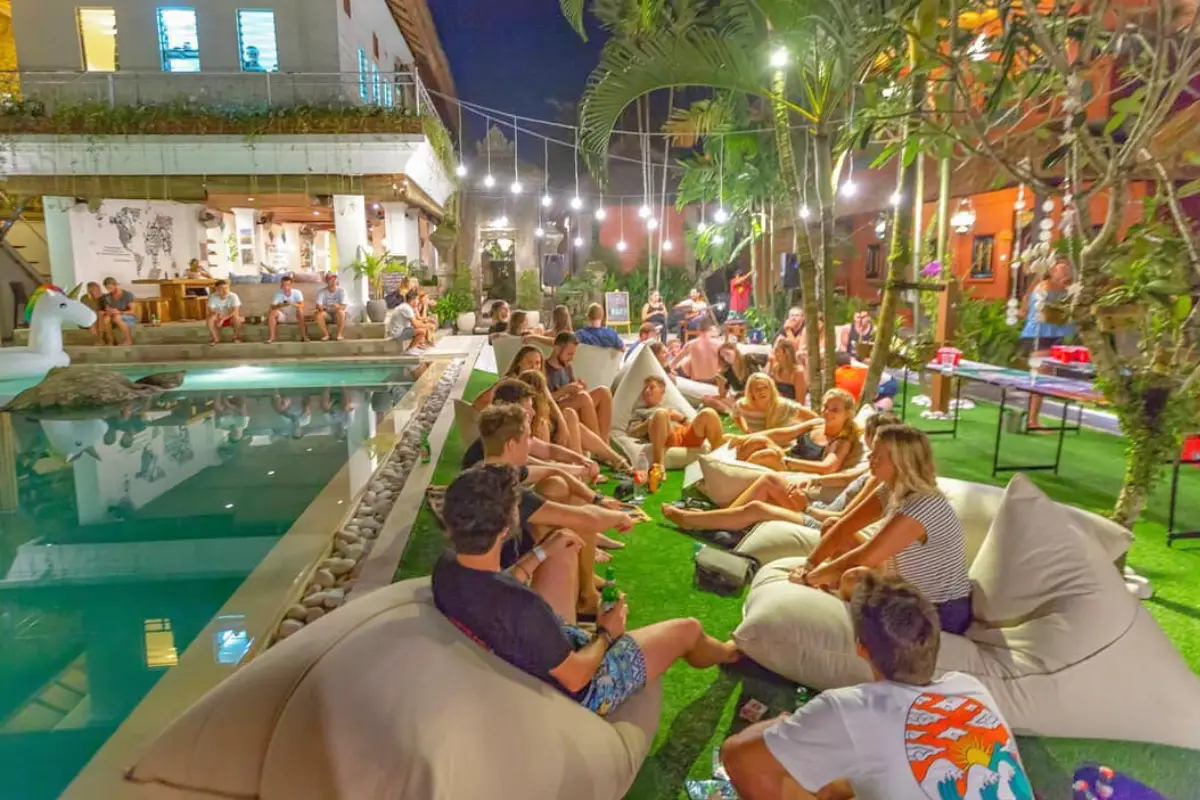
If you love to travel, you’ll want to take advantage of hostels at some point in your life. When comparing a hostel vs hotel, what exactly are the differences and what can you expect? I’ve put together a complete guide to clear up any confusion and so you can decide which type of accommodation is best for you. 🔎
Hostel vs Hotel Summary
Hostels are budget-friendly accommodation options usually offering shared bunk rooms for a cheap nightly rate, with a social atmosphere making it easy to meet fellow travelers and basic amenities ideal for travelers looking to make their money go farther.
On the other hand, hotels cater to travelers looking for a private room and more of your standard comforts, with more amenities and a higher level of service, at a higher nightly cost.

How does the target audience differ for a hostel vs hotel?
Hostels are best for : Solo travelers looking to meet new friends, travelers on a tight budget, young travelers, extroverted digital nomads
Hotels are best for : Families, couples, travelers looking for luxury, and solo travelers or business travelers who prefer the privacy of their own room
Hostel vs Hotel : The Budget
When it comes to the differences of hostels and hotels, the main difference is the amount of money you can expect to spend at a hostel vs hotel.
“Youth hostels” were created back in the 1930’s to make travel more affordable for those who need it to be, and who don’t mind sacrificing certain aspects of their experience. Historically and to this day youth travelers make up a big percentage of hostel stays, but far from all.
You can expect to pay far less for a bed at a hostel as compared to a hotel room, making them the perfect option for budget-conscious travelers.
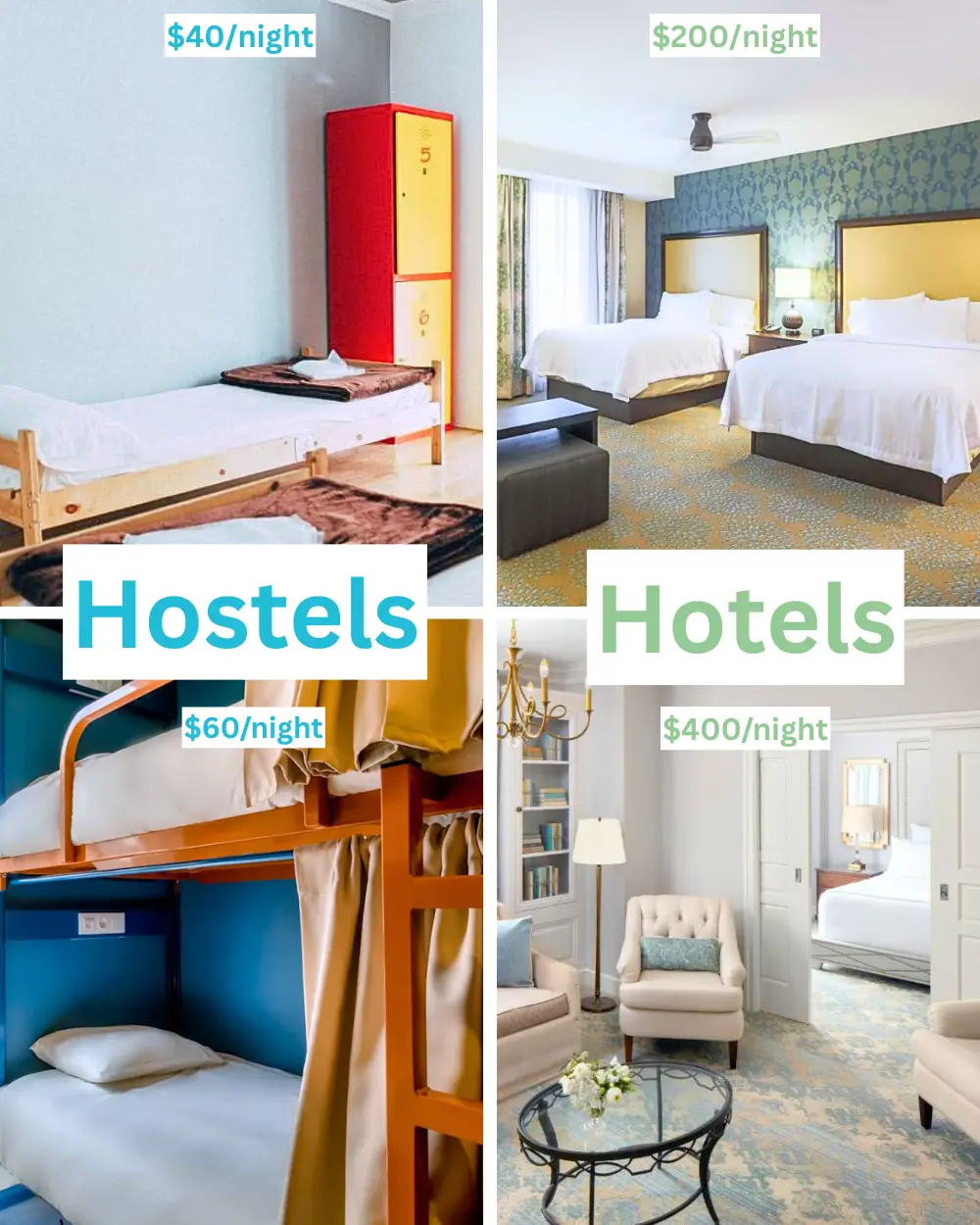
If you opt for a private room at a hostel, the prices can bump up about the same as a hotel room, so watch out for that – although they can also be much cheaper, it just depends per hostel. Typical hostel stays per night are about $25 to $70 per dorm bed.
Hostel vs Hotel : The Rooms
The second most important of the key differences when comparing a hostel vs hotel are the individual rooms themselves. The majority of people who stay in a hostel will be renting a bed in a shared room with access to a shared bathroom.
Think dormitory-style rooms, usually with bunk beds. This is opposed to your standard hotel room where you have the entire room and bathroom to yourself. This difference is what allows hostels to charge a cheaper rate.
Each bunk bed in the shared dorm room will sometimes come with a privacy curtain, or may even be capsule style. I try not to stay in hostels that don’t have privacy curtains, because sometimes I just like the feeling of being alone for a bit after a long day exploring.
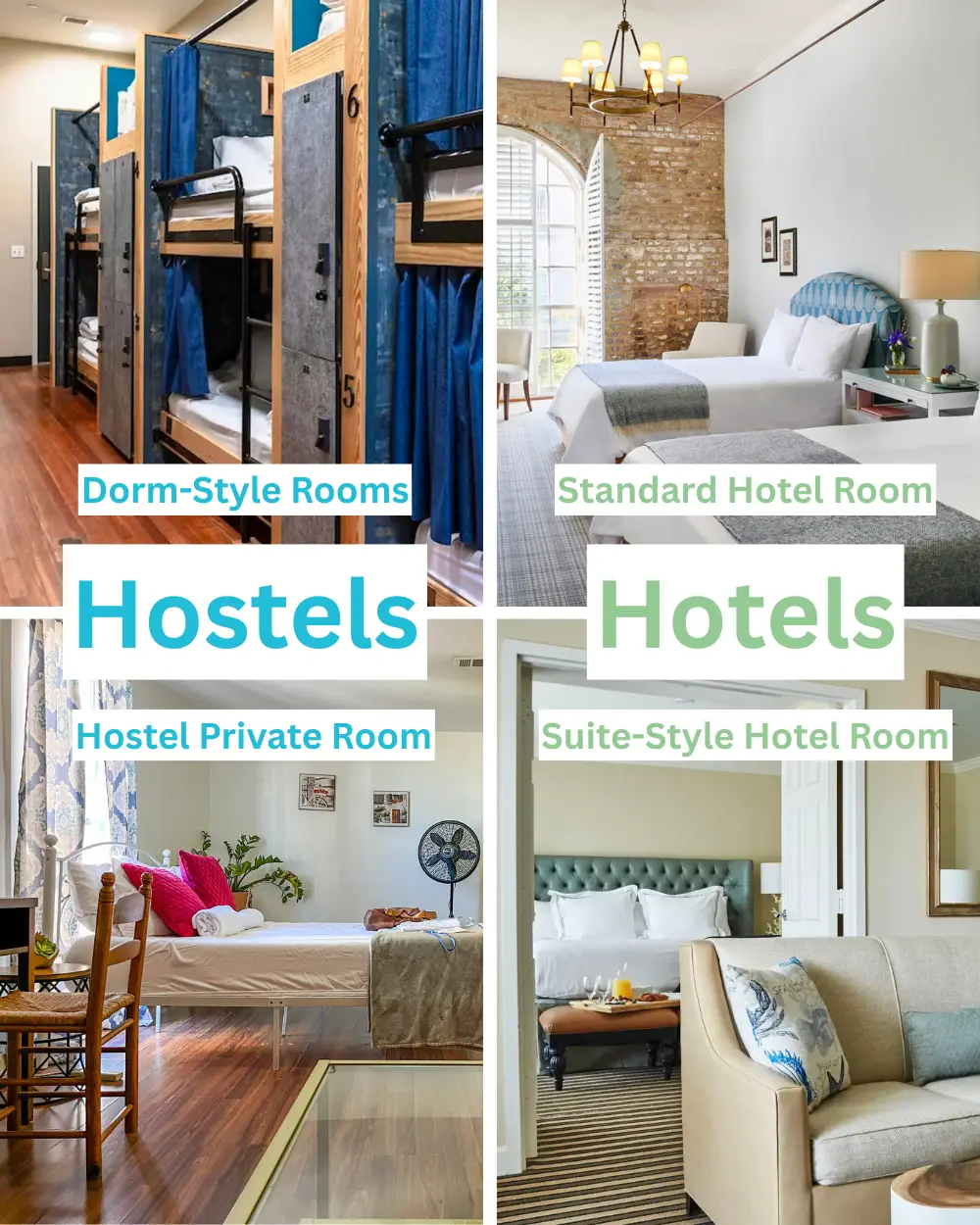
The more modern hostels also usually have their own charging plugs and lockers for each bunk. Make sure to check with the hostel ahead of time if these are things you need! Hostelworld is also a great resource which will have a lot of these things listed.
Some hostels do have private rooms you can reserve for a higher price. These private rooms will either have access to a shared bathroom or have en-suite private bathrooms.
Private room with an en-suite bathrooms at a hostel can be very similar to your standard hotel rooms, and a great way to save money while traveling I take advantage of often. If you need your own space, as I often do when I travel, opt for a private room at a hostel or a regular hotel.
Hostel vs Hotel : The Guests & Atmosphere
In my opinion, the most fundamental difference when comparing a hostel vs hotel is the social environment. Hostels are great for meeting new people, especially for solo travelers or pairs looking to meet fellow travelers.
At some of my favorite hostels I’ve stayed at, social interaction throughout the day feels almost unavoidable – especially if you’re staying in a bunk room. This aspect was really welcomed by me and pushed me out of my comfort zone. Hostels offer easy access to a community of fellow travelers, and are a great place to make new friends around the world!
The reason there’s a more social environment at hostels comes down to them being sort of travel community meet up spots. A good common room is essential for a good hostel to bring together fellow travelers, and the best hostels have a nightly activity schedule to encourage social interaction as well.

It’s also a given that if you’re staying in a dorm style room with a bunch of people you don’t know, odds are you’re going to get to know at least a few people.
On the other hand, hotels ~usually~ don’t have much of a social scene. If they do, it’s usually because the resort has some sort of activity schedule and you can potentially meet other travelers at those.
The focus is usually more on the activity or getting involved in local customs and culture, versus being there to help the guests connect. You’ll find that groups tend to stick to themselves, although that’s not to say that showing up to the hotel bar solo isn’t worth a shot. At luxury hotels they go above and beyond to offer a wide array of amenities, and you can think of a hostel and luxury hotel at opposite ends of the spectrum.
Hostel vs Hotel : The Amenities & Guest Experience
In general you’ll find fewer amenities at hostels versus hotels, and the amenities you do find at hostels are very different than the ones you’ll find at your standard hotel or resort. Overall expect fewer luxurious amenities and more practical DIY style ones at hotels like communal kitchens, smaller pools, nightly group activities, common areas for hanging out, activities / equipment to use free of charge.
Hostels are usually include one basic meal per day in your stay, typically breakfast but sometimes dinner (my favorite type of hostel!).
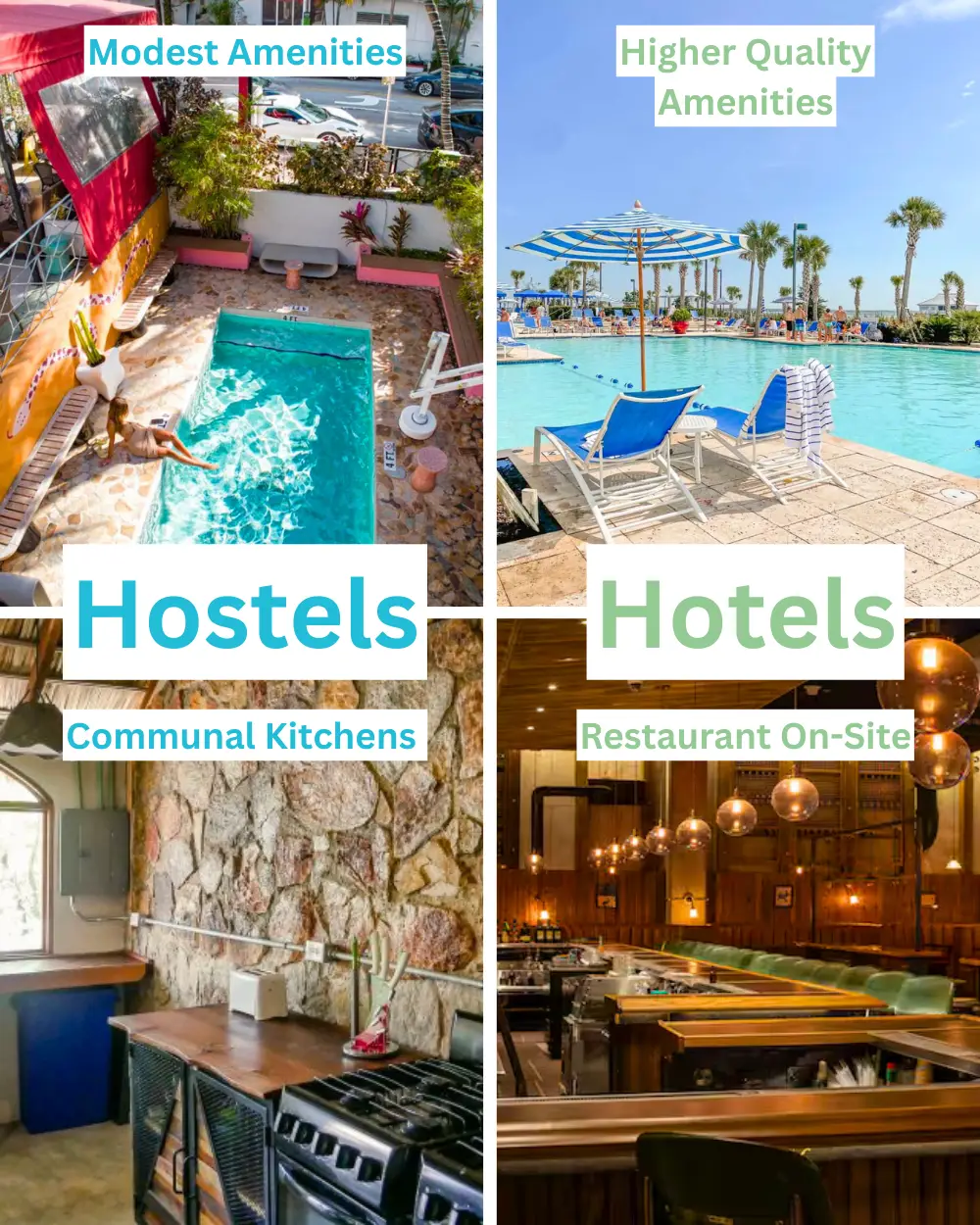
These amenities can be even more useful and welcomed than your standard amenities you may never end up using. I personally love having access to a kitchen where you can cook your own meals, and a daily meal is taken care of for less is a no brainer.
Amenities like room service, large pool decks, fitness centers, kids programs, full restaurants and spas are usually reserved for hotels and won’t be found in your average hostel.
Now that you know everything there is to know about hostels as they compare to your standard hotel, you may be ready to learn more about long-term / solo travel. Below are a few of my top blogs to check out.
Ultimate Digital Nomad Packing List

Lauren Kessel
Lauren Kessel is the author of this blog post and the creator of the Inspired Backpacker travel blog. She is a passionate digital nomad, with the mission to make slow travel a more accessible way of life for everyone. Lauren believes travel is an important means of education and more importantly, a way for people of different cultures to come together and understand each other better. She has a BS in Tourism and has planned countless domestic and international trips for herself, her family and friends, having visited over 12 countries and 30 states so far.


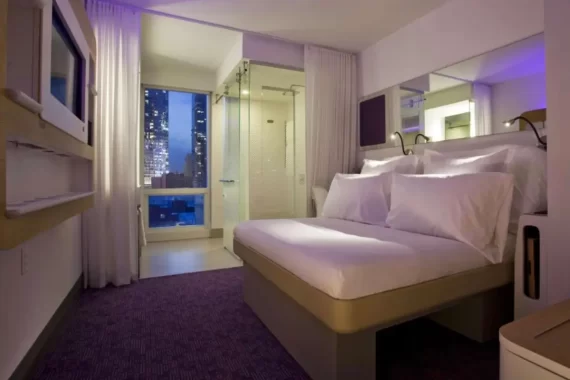



No Comments